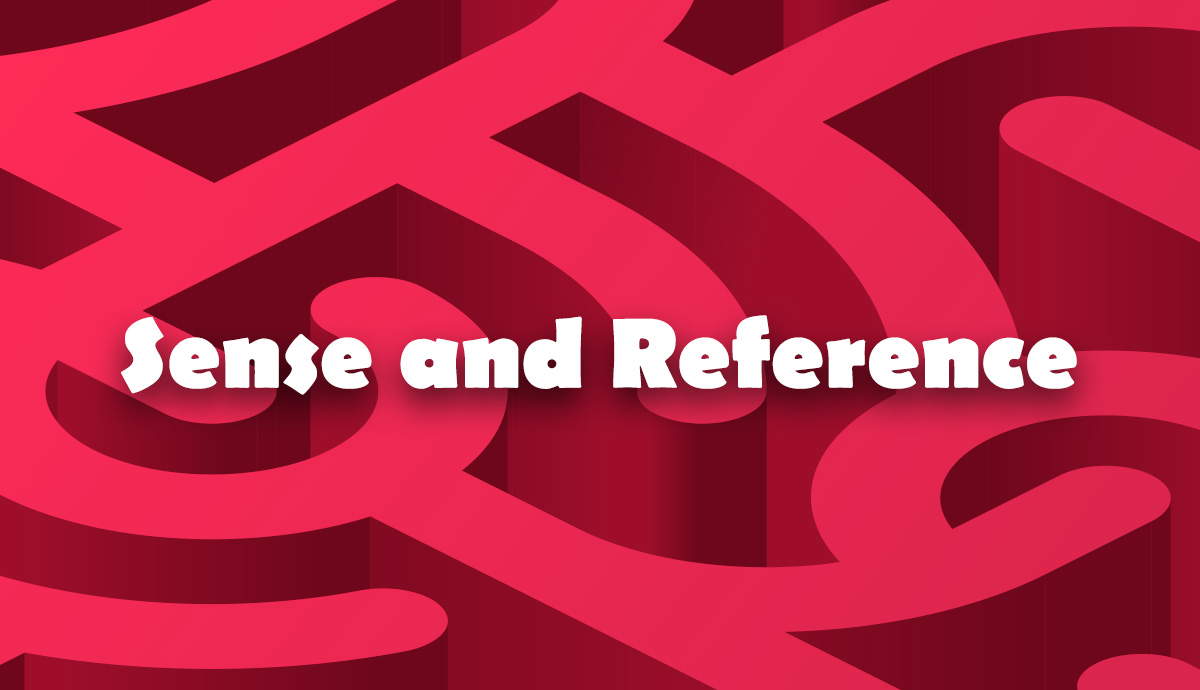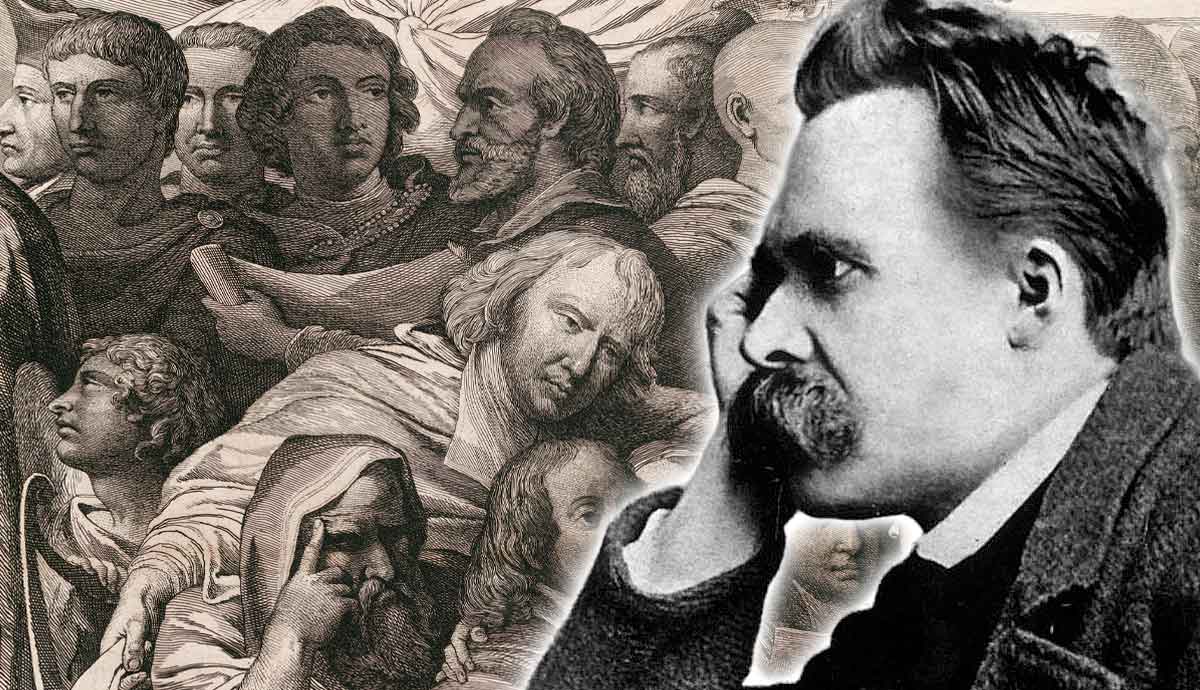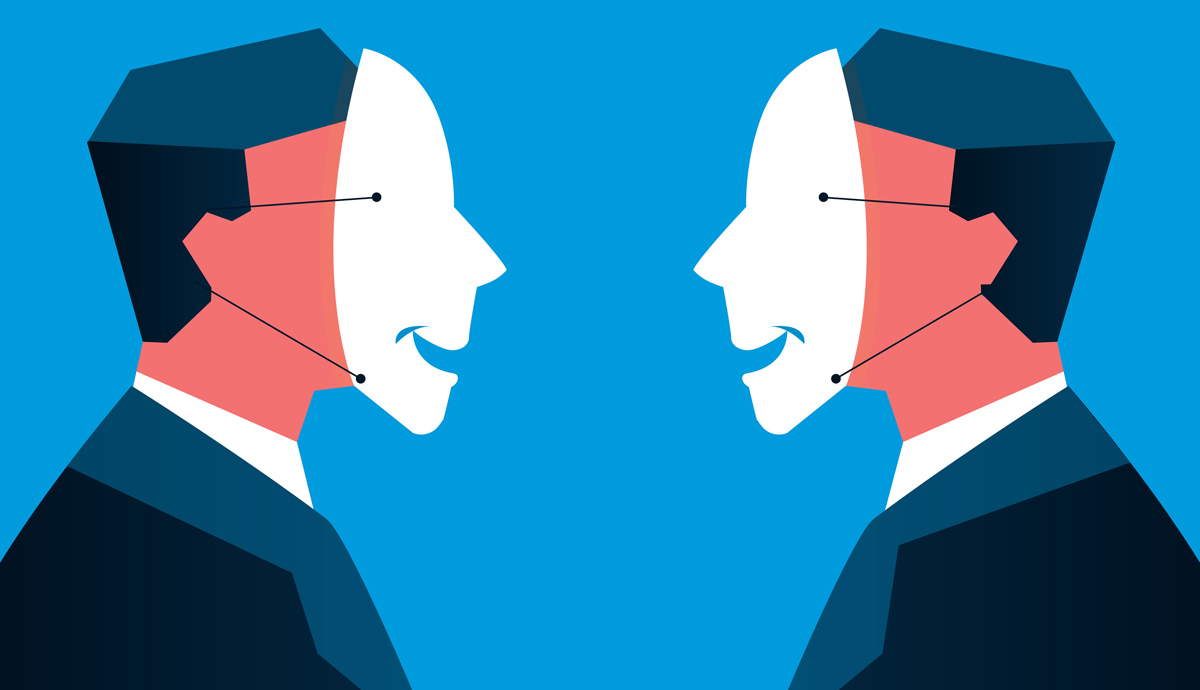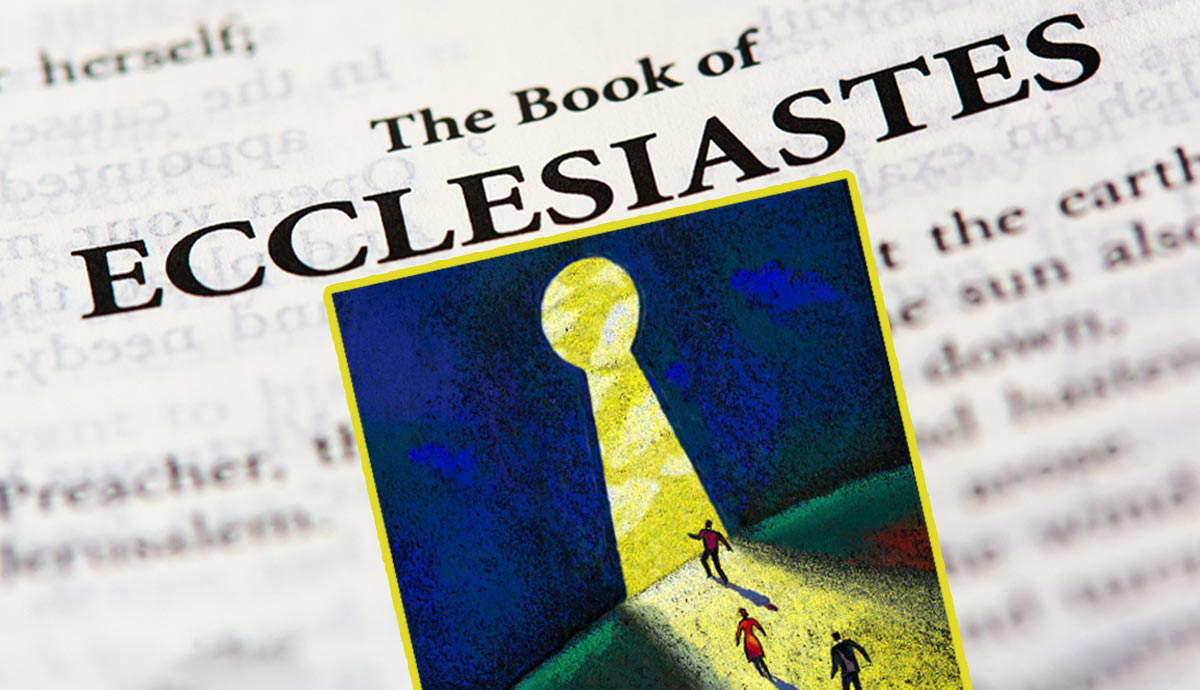
How do we decide whether an action is moral or immoral? One solution could be to have principles that we follow at all times, independently of the circumstances. Otherwise, we could establish that the goal of our actions must always be to obtain the maximum possible amount of goodness and that the means used to obtain such goodness will always be justified by the ends. Another solution could be to decide to act according to our principles and virtues, not complying with universal laws of morality.
Moral Theory Thought Experiment: The Trolley Problem

Discerning moral from immoral is a matter of interest for many people, even those who would not have a particular interest in Philosophy otherwise. Most of us have at least once wondered whether they were doing the right thing and whether their actions were selfish or would have led to someone being hurt. This is to say that the concern for morality lies far beyond the interest of the philosophers who study it and has a practical influence on the lives of all of us.
This explains why Ethics appeals to many, and several issues and thought experiments developed in the field have become quite well-known even outside of academic environments. One such issue is the Trolley Problem, initially proposed by the British moral philosopher Philippa Foot, which has become widely known and considered even among non-philosophers.
The problem goes as follows. There is a trolley running on a railway. The trolley is about to run over five people tied to the railway and cannot move. You have the option of shifting the trolley’s direction, but if you do, it will run over one person who is also tied on the railway in the other direction. What would you do?
This thought experiment has been reshaped and exploited to investigate several ethical matters. For example, what would you do if the person tied to the railway in the other direction is your best friend? What would you do if that person was the only one having the absolute cure for cancer?
Normative Ethics

There is a subfield of Ethics—known as Normative Ethics—that concerns developing a framework of rules that can be used to determine whether an action is moral or immoral. Normative Ethics is not exactly concerned with the practical discernment of moral actions from immoral actions, which is a matter considered by Applied Ethics. Instead, it attempts to establish the rules one can follow to determine the morality of all actions.
Hence, when considering an action such as “lying,” the Normative Ethicist would not be concerned with determining whether lying itself is moral or immoral. Rather, they would be attempting to develop a system that allows one to discern moral from immoral actions in all cases. The act of “lying” would serve simply as an example, together with any other acts—such as “helping,” “killing,” “hurting,” and many others.
Normative Ethics, therefore, would be the branch of moral philosophy concerned with thought experiments such as the Trolley Problem. In fact, at the heart of the Trolley Problem is not the solution to the thought experiment itself but rather the development of a system to rely upon for the discernment of all moral quests.
The field of Normative Ethics has yet to develop a system that allows one to distinguish moral from immoral actions in all cases. Several theories have been proposed and adopted throughout centuries of study of moral philosophy. The most renowned of them are Utilitarianism, Deontology, and Virtue Ethics. However, none of them is unanimously accepted, and the debate on Normative Ethics—which in the Western world has been going on since the Ancient Greeks—remains as open and lively as ever.
1. Utilitarianism

The moral theory of Utilitarianism—also known as Consequentialism—could be summed up with the maxim “the end justifies the means.” According to this moral theory—whose first and most renowned big exponent was Plato—actions are morally permissible when their outcome leads to the best possible good. Hence, morality or immorality does not lie in the actions but in their consequences.
To the Trolley Problem, a utilitarian would answer that—given that someone will inevitably die—the highest amount of goodness will come about from shifting the direction of the trolley and killing one person rather than leaving it on its track and causing the death of five. However, if the version of the Trolley Problem given was that where the one person tied on the railway on their own is the only doctor knowing the cure for cancer, the best possible good would come from saving the doctor rather than the five people, as the cure alone would spare the lives of millions of people.
It must also be noted that—in contrast with other moral theories—utilitarianism would weigh as morally equal the actions of killing (actively turning the trolley) and inaction (letting the trolley run over the people on its track without acting upon it). Utilitarianism measures morality on the outcome of the action rather than on the action itself.
The main objections to Utilitarianism are that it may lead to moral decisions that contradict one’s intuition, it may be unclear which of two or more actions would lead to the best outcome, and overall, it has a very objective and black-and-white perspective on morality.
2. Deontology

The second moral theory we will explore is Deontology. The most renowned exponent of this theory is Kant, who is responsible for its development as we modernly approach it. However, its origins are attributed to Socrates, who, up until the moment of his death, behaved according to the deontological rules of morality.
The word Deontology itself comes from the Greek root δέον (déon) which can be translated into “that which is just” or “that which is a duty,” and λόγος (logos), commonly translated in this context as “study.” Hence, the term can be understood as “study of justice” or “study of duty.”
A deontological ethical theory is concerned with laws and rules of morality. Its goal is to establish the rules of moral behavior and to follow them at all times. To the trolley problem, a deontologist would answer that the act of killing is wrong and morally worse than letting die. Therefore, one must not act upon the trajectory of the trolley to comply with the moral rule that commands not to kill. Unlike Utilitarianism, Deontology is not concerned with the consequences of the actions but with the morality of the actions themselves.
As might be expected, Deontology is also subject to objections. For example, it is considered quite blind-sighted not to ponder on the consequences of our actions when judging their morality. Ideally, both the actions and their consequences would bear some weight in ethical judgment. Furthermore, the context in which actions occur is always relevant to the actions themselves. Hence, it does not seem appropriate to keep it out of the equation and to apply moral rules indistinctively and in all cases.
3. Virtue Ethics

The last moral theory we are going to consider is Virtue Ethics. Concerning the concept of virtue, its initial formulation is attributed to Aristotle. Its concern is neither the actions nor their consequences but rather overall compliance with the concept of virtue.
Aristotle identified some of the virtues that one ought to comply with. However, at the heart of Virtue Ethics, there is also an individual search for what is virtuous and an effort to behave according to one’s virtue.
Hence, Virtue Ethics does not provide any clear-cut answer to thought experiments such as the Trolley Problem. Instead, it leaves it up to individuals engaging with the experiment to understand the virtues they value and the extent they value them. For example, one might consider letting die more morally permissible than killing, or, in the example where the person tied on their own is one’s best friend, one could argue to be valuing friendship and decide to spare the life of their friend. It follows that Virtue Ethics makes solutions to questions of morality a matter of individual—or cultural and societal—sensibility rather than a quest with an objective and universally agreed-upon solution.
Virtue Ethics, like Utilitarianism and Deontology, is also subject to objections. Firstly, one may wonder how to determine what is virtuous if no guidelines exist. The problem may be circling back to the original question of what morality is, leading one back to the starting point. Additionally, the fact that the concept of virtue is not an agreed-upon law, but rather a matter of one’s understanding, may generate situations in which people behave immorally by arguing that their actions are moral according to their knowledge of virtue. Escaping such a situation by imposing a universal concept of virtue would lead back to Deontology, while not doing so would make morality too individualistic and subjective.
Which Is the Best Moral Theory?

In the preceding paragraphs, we have explored the three moral theories of Utilitarianism, Deontology, and Virtue Ethics. These three theories are not the only ones available but are the most well-known and studied in the field. Having explored their strengths and weaknesses throughout the article, it remains to be asked which one to follow.
There is no clear-cut answer to this question. Multiple moral theories exist and are heavily debated, and a unanimous consensus around any one of them is yet to be reached. Hence, for how things currently stand, it remains up to individual sensibility to act according to the moral theory that resonates more with one’s moral values.
However, this is not meant to diminish the necessity and interest in investigating morality. Understanding morality and expounding its dynamics is crucial to making informed decisions about ethical matters. Therefore, relying on one’s sensibility to decide which moral theory to rely upon does not entail rejecting the study of morality, but rather pursuing it even further to be adequately conscious and informed about the moral decisions that must be made.










